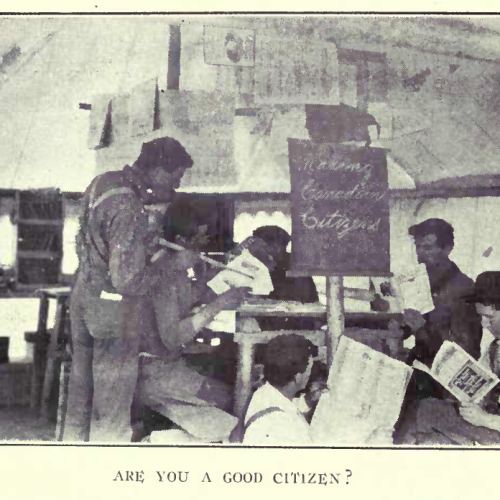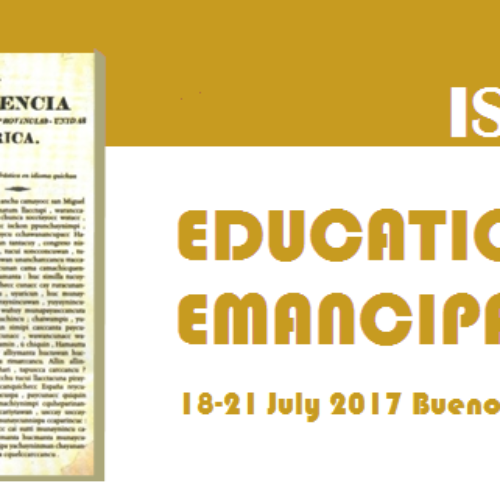CfP – Education during the interwar period in Siebenbürgen and East Central Europe
In recent decades, both the topic of migration and a transnational perspective have become increasingly important in history of education research. This was demonstrated, for example, at the International Standing Conference for the History of Education (ISCHE) in the Standing Working Group on Migration and is also emphasized in its book series on transnational education history. The conference aims to pick up on this trend. The starting point is the centuries-long migration from German-speaking countries to the region, which raises the question of what impact this had on education, both on the children of the German “minority” and on national/local education policy and practice. This is analyzed both in the light of cultural and educational policy and the ideas of educational reformers in the 1920/30s (in Germany: Weimar Republic and NS “Third Reich”) and from the perspective of local reactions to these population groups with German roots. A special focus is placed on the region of Siebenbürgen (Transylvania) and by extension on East Central Europe (Poland, Czechoslovakia, Yugoslavia, Hungary, Romania including Bukovina and Bessarabia in today’s Ukraine and Moldavia).
Possible themes are:
1. Educational concepts and school realities: pedagogical perspectives; liberal concepts in a multi-ethnic region; social science subjects (geography and history) and religious education in comparison (institutions for teacher education; textbooks); school reforms;
2. Cultural influences, interdependencies and developments: competition or complementarity; ideology formation (national myths/ stereotypes/ Othering); ethnic (minority) perspectives; teachers and pedagogues as “leaders” of all-German national and cultural unification; the illusion of harmonious cultural unity;
3. Country perspectives and regional phenomena: parliamentary debates and administrative procedures; laws and ordinances: effects and reactions of the “minorities”;
4. The Weimar Republic: cultural policy and educational reform as a model/orientation framework; minority protection policy; activities (promotion or mediation of finances) of non-governmental organizations; academic socialization (at German institutions/universities);
5. Special topics: Denominational differences among Germans; Jewish educational context in German; leisure and youth education as factors of national homogenization or “Volksschutz”.
Location: Sibiu/Hermannstadt, Rumania
Date: 29 May–1 June 2025
Conference languages: German and English
Submission deadline: 10 June 2024
Please click here for the full Call for Papers in English and German
About author
You might also like
CFP: ISCHE 38 Preconference Workshop on “Migrants, Migration and Education” 16 Aug 2016 (Chicago)
Proposals are invited for an ISCHE Preconference Workshop on “Migrants, Migration and Education”. Convened by Kevin Myers (University of Birmingham, United Kingdom), Christian Ydesen (University of Aalborg. Denmark), and Paul
CfP – International Conference at the German Historical Institute Washington
The Campus and Beyond: Higher Education and Social Inequalities in Europe and North America, 1850s-2000s Conveners: Raphael Rössel (GHI Washington), Elizabeth Tandy Shermer (Loyola University Chicago), and Stefanie Coché (Gießen
CFP: 2017 ISCHE 39 CONFERENCE! Deadline: Jan. 31, 2017
The ISCHE 39 Conference will take place July 18-21 at the University of Buenos Aires, Argentina in the middle of the bicentennial of Latin American emancipatory processes. Nevertheless, the struggles




